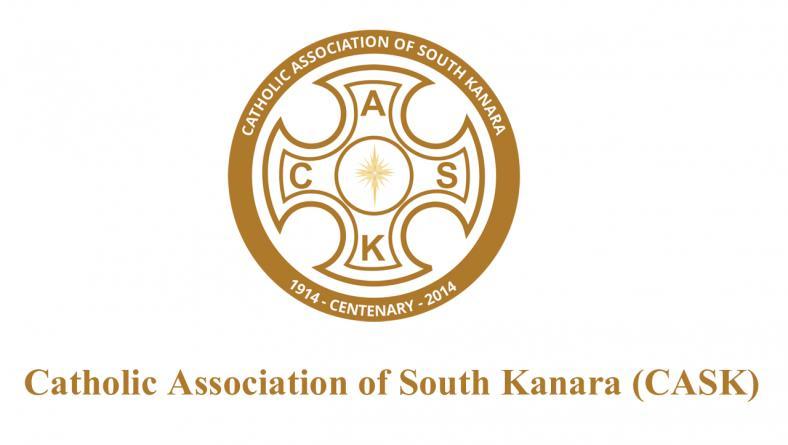Christians worldwide marked November 2 as ‘All Souls’ Day’. The official name of the celebration in the Roman Catholic Church is “The commemoration of all the faithful departed” but the popular name is ‘ Feast of All Souls’.
On this day, Christians remember their dear and near ones who have departed from earthly life to heavenly life. It’s a day of remembrance, commemoration and celebration because they believe that they are now one with God in heavenly bliss – or soon, will be. The Church especially prays for souls of the faithful departed still suffering in purgatory.
Every Christian especially remembers Jesus Christ who died on Good Friday for the sins of humanity to bring everlasting life. Therefore, Easter – ‘ feast of Jesus Christ’s resurrection’ – is a way to eternal life in Jesus and God the Father. Thus, Christians die with Christ in order to live with Him in heavenly abode.
On a recent All Souls’ Day, Pope Benedict XVI said, “Christian hope is never something merely individual, it’s always a hope for others. Our lives are deeply linked; one to another, and the good and bad each one does always impacts the rest. So the prayer of a pilgrim soul in the world can help another soul that continues purifying itself after death.”
However, God created humans in His image and likeness to be holy and pure in spirit. He breathed spirit or soul into our bodies. The spirit gives life because it is from God, whereas flesh is from dust and unto dust it will return. Humankind is born and will die empty handed. Despite this, we crave for pleasures.
Catholic celebration is associated with the doctrine that the souls of the faithful – who at death have not been cleansed – cannot immediately attain beatific vision in heaven. So they may be helped to do so by prayer, alms, fasting and sacrifice by praying in the Holy Eucharist ( the Mass) for purification.
Prayer for the dead can be recited any time throughout the year, and also whenever Christians pass a cemetery. Many families also pray rosary for the dead in the graveyard along with the ‘ Eternal Rest’ prayer. Priests bless the graves with the Holy Water as a mark of purification and sanctification in the ceremonial prayer services after the Mass in churches and cemeteries.
There is a Mexican saying that we die three deaths: The first time we die is when our bodies die. The second is when our bodies are lowered into the earth, out of sight. The third time we die is when our loved ones forget us. Christians forestall that last death by seeing the faithful dead as members of the Church, alive in Christ, and by praying for them – asking their prayers for the earthly community always.
Apostle St Paul, writing to the first communities, exhorted the faithful to “not be downhearted, like the others who have no hope”. “If in fact,” he wrote, “we believe that Jesus died and rose, so also God, by means of Jesus, will gather up with him all those who have died.”
It is apparent that death is a gain and life is a penalty. “For me, to live is Christ and to die is gain,” says St Paul. What does Christ mean to us here if not the death of the body and the breath of life? And so we must die with Him in order to live with Him.
Courtesy : Press Reader





